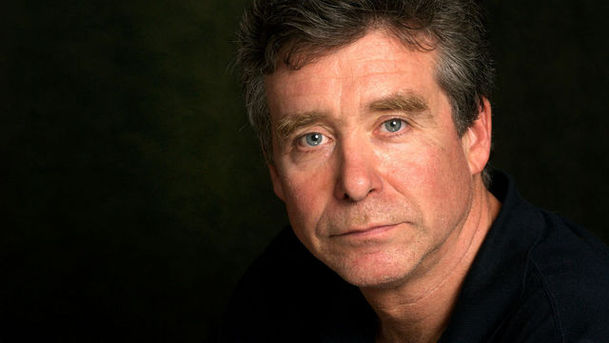Capturing America: Mark Lawson's History of Modern American Literature - The Celebrity Tour

Mark Lawson tells the story of how American writing became the literary superpower of the 20th century, telling the nation's stories of money, power, sex, religion and war. Among the millions of words written by modern American authors, one of the most important is 'I'. The autobiographical, first-person story - featuring authors in light disguise or even under their own names - has become an increasingly significant literary genre. Philip Roth and John Updike wrote long sequences of stories about fictional famous American authors - Nathan Zuckerman and Henry Bech - who can be read as versions of their own histories. Later, Roth went further, with several books including characters with his own name, just as Norman Mailer would refer to himself in non-fiction books as 'Mailer'. This is one of the devices of the 'New Journalism', developed by Tom Wolfe and Hunter S Thompson, which put the reporter at the heart of the story. Conversely, some authors, including JD Salinger and Thomas Pynchon, were so appalled by the prospect of the publicity circuit that they preferred to vanish completely. Beginning on 'The Philip Roth Tour' of Newark, New Jersey, in which Liz Del Tufo takes tourists to sites featured in the author's work, Mark Lawson reflects on the way in which a celebrity culture has made writers play with their public personalities, talking to Philip Roth, Tom Wolfe, Bret Easton Ellis, Jay McInerney, Dave Eggers and Professor Diane Roberts.